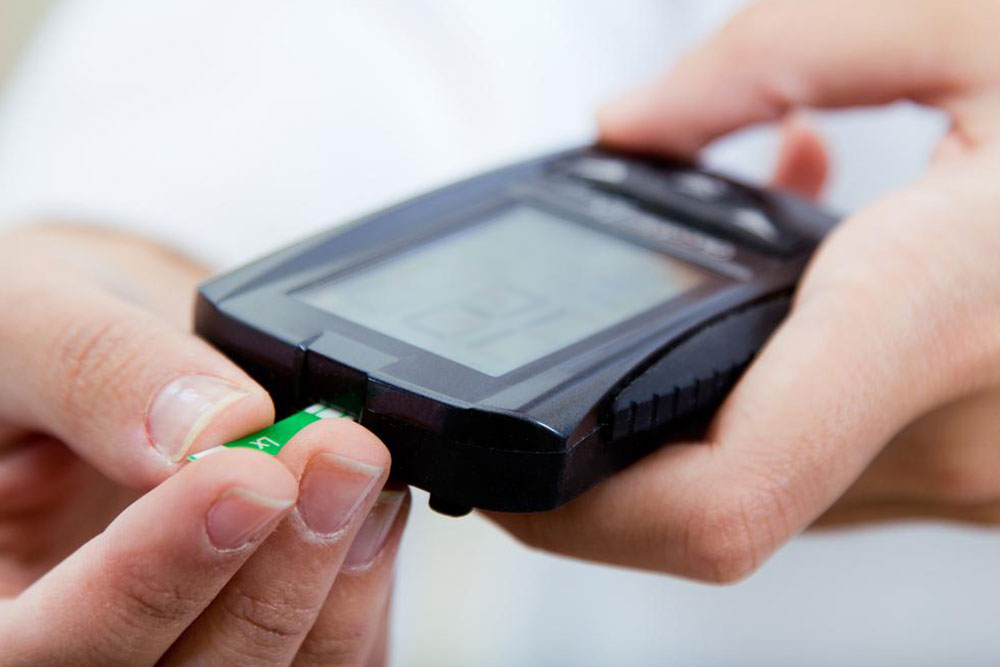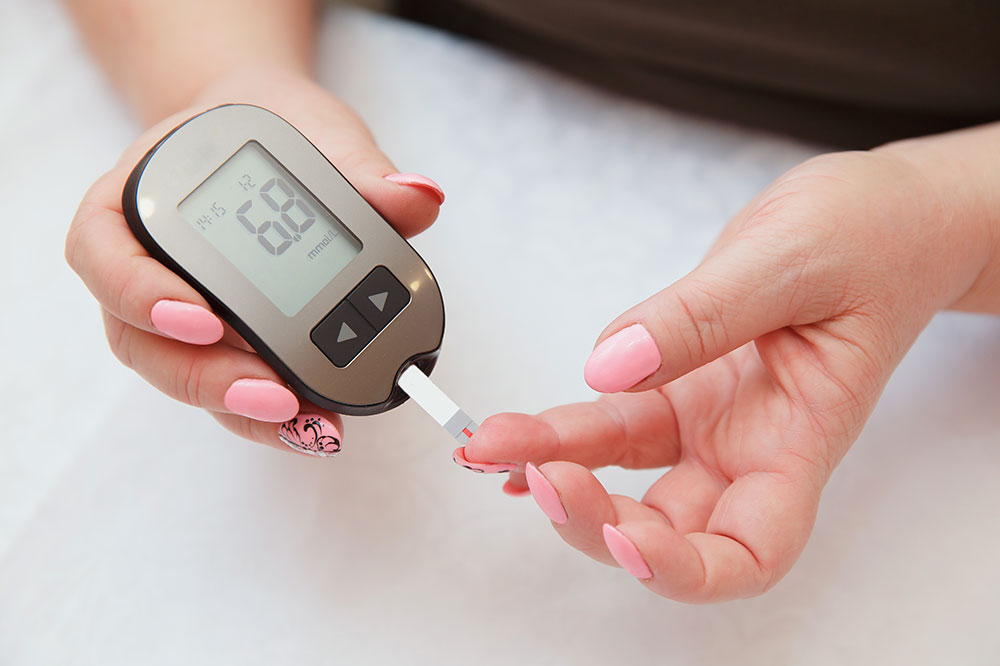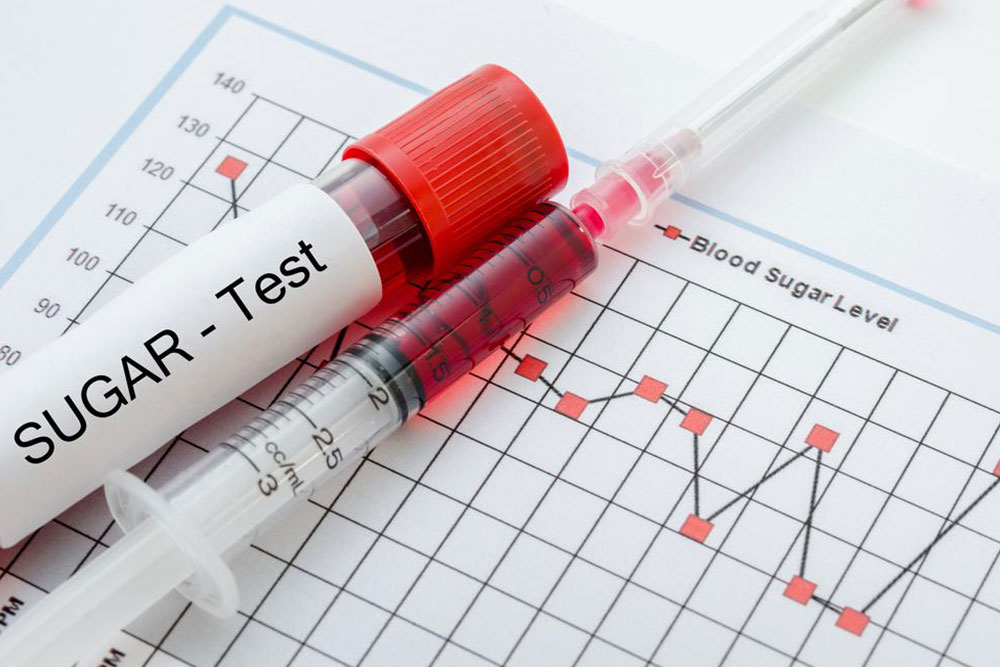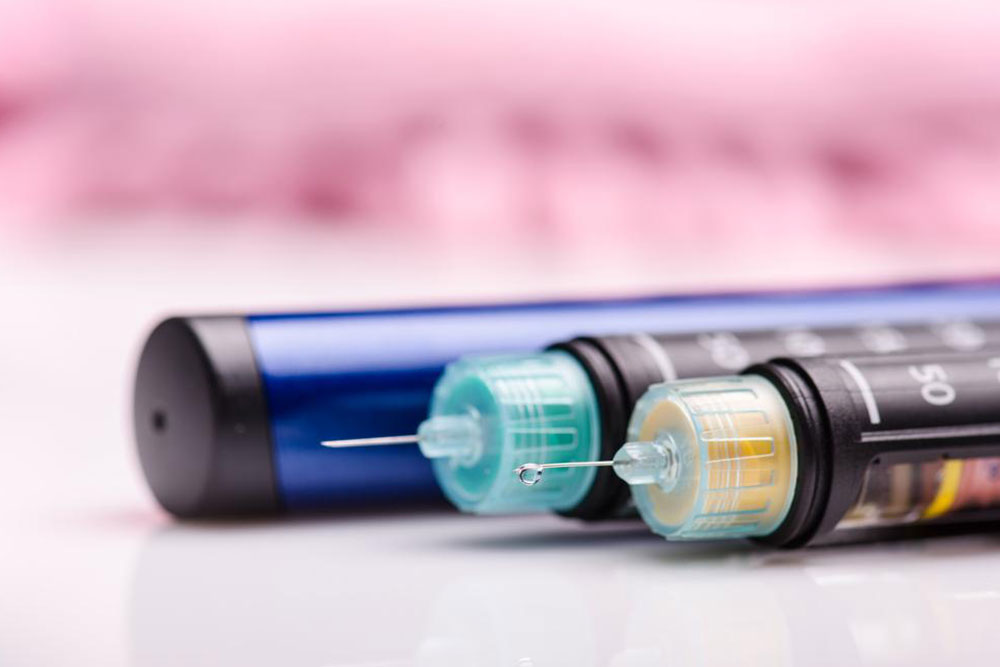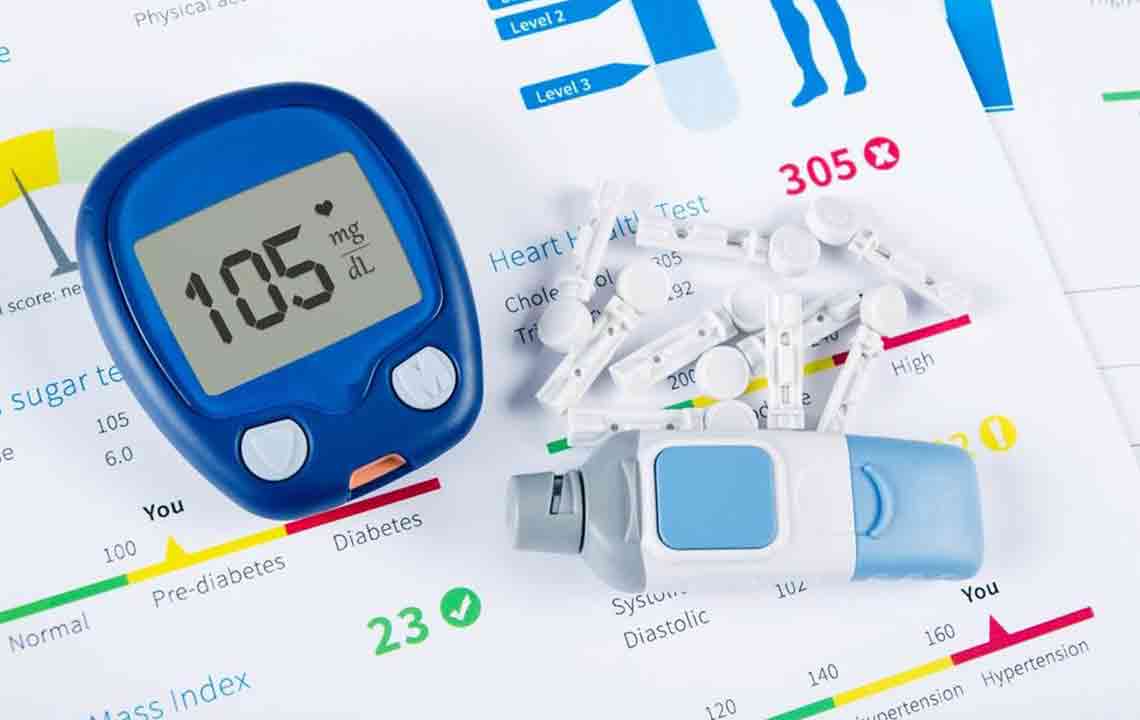Effective Strategies for Managing Blood Sugar Levels
Discover practical methods for managing blood sugar levels effectively. Learn about monitoring tools, lifestyle adjustments, and the importance of regular testing to prevent complications and maintain optimal health in diabetes care.
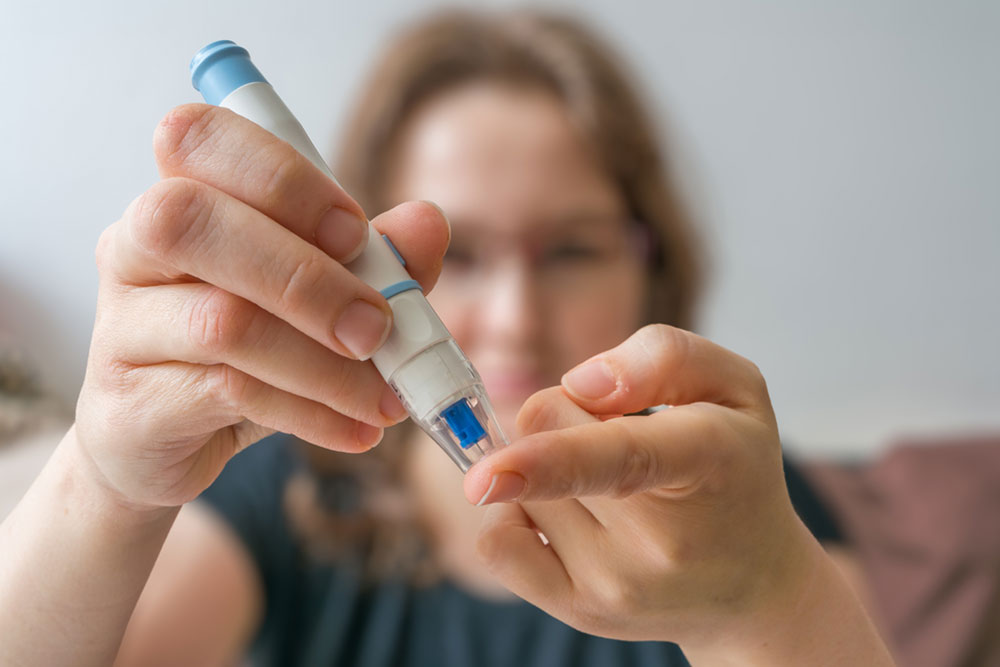
Effective Strategies for Managing Blood Sugar Levels
Monitoring blood glucose is essential for individuals with diabetes to maintain optimal health. A variety of reliable devices accessible at pharmacies and online help track glucose levels accurately. However, measurement alone isn't sufficient; combining regular exercise with balanced nutrition is crucial for effective diabetes management.
Post-meal blood sugar levels tend to rise in diabetics. Frequent testing offers insights into how different foods and activities influence glucose. FDA-approved monitors assist users in understanding these effects and alerting for high or low sugar levels.
The information gained enables diabetics to prevent dangerous fluctuations.
According to the American Diabetes Association, ideal blood glucose levels are below 100mg/dL before meals and under 140mg/dL two hours afterward. Regular testing helps individuals understand how diet and lifestyle choices impact blood sugar.
Advantages of Blood Glucose Monitoring:
Helps you interpret test results to take proactive health measures.
Provides data to tailor medication, diet, and activity plans.
Facilitates productive discussions with healthcare providers for medication adjustments.
Assists in recognizing patterns linked to stress, food, or exercise influences.
Supports setting and maintaining personalized health goals.
Reduces future complications by improving overall diabetes control.
With modern tools and methods, managing diabetes has become more feasible and effective. Proper monitoring and lifestyle adjustments can significantly improve quality of life.
Note:
Our blog offers diverse information areas for educational purposes. While we base content on thorough research, it should not replace professional medical advice. The team is not responsible for discrepancies or updates across different sources. Also, some offers or schemes may not be included in our coverage.

